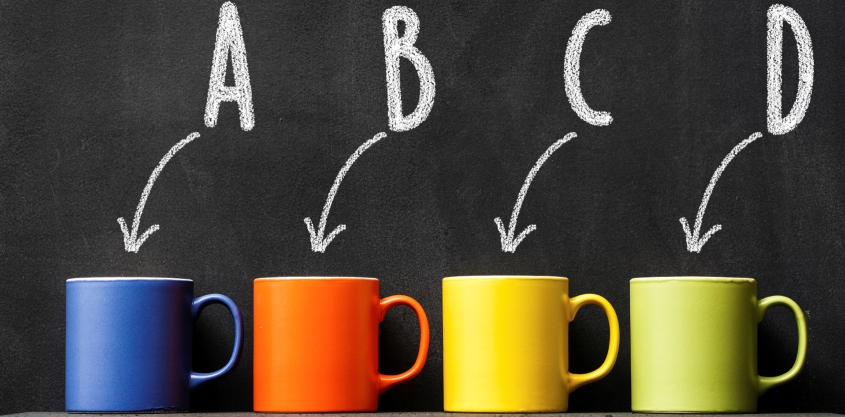16 December 2016
Bias and prejudice
Thinking differently thanks to behavioural economics

Right or wrong, influential or common, aware or unaware, forward-looking or fatal choices are taken in every moment and at any latitude. But what does science say? Many studies proved the existence of two different cognitive processes in human kind: the deliberative thinking, slow and conscious, and the intuitive thinking, quicker and more spontaneous. Troubles begin – more often than you can imagine – when complex and time-spending issues, needing thinking-in-depth, are solved by intuitive thinking. To simplify excessively decision-making often leads to wrong outcomes.
As proven by the studies on decision-making, intuitive thinking can indeed be easily deceived. The cognitivist psychologists Amos Tversky and Daniel Kahneman (Nobel Prize winner in Economic Sciences in 2002) explained, for example, that people’s reaction to a written text is very different according to its formulation. But also that, when dealing with a fixed amount of money, people’s motivation to avoid a loss is greater than the motivation to make a gain. Incentives and perceptions which bring us to wrong results, distancing us from what we would have had by making a rational choice.
This is the reason of the interest of companies and institutions (for example the British or the American government) on economical behaviour, a science that collects economics, cognitive psychology and sociology. The introduction of models that simplify decision-making brings people significantly closer to their goals. The economist Richard Thaler and the jurist Cass Sunstein, founders of the school of thought that descends from behavioural economics, libertarian paternalism, claim, for example, that it is possible to support people on making convenient choices by simply adopting an adequate architecture of choices and proposing the right nudges. Let’s think to organ donation or to the choice of the pension fund: in general, people tend to stuck to the default option at their disposal. This is why, differently from what people may think, making a default option instead of another can produce very different outcomes.
Making rational choices is not easy not even when it comes to insurance, as shown by the book “Insurance and Behavioral Economics” by Howard Kunreuther e Mark Pauly. For example, customers tend to make un-optimal choices when they do not insure against low probability and high consequence events. Another very common bias is to evaluate the probability of an event depending on the amount of examples coming to mind. As a consequence of this bias, individuals often tend to underestimate the risks of events which are not recollected in the personal or in the collective memory. In fact, many people tend to do not insure against a specific risk until they experience a loss, while others do not rewrite their policy after several years without a single claim because they consider it as an unnecessary cost.
Behavioural economics is still a very young science but it has started to appear in everyday life and it looks like nudging is going to be more and more relevant in the future. If we cannot choose, let’s even try to choose well.
